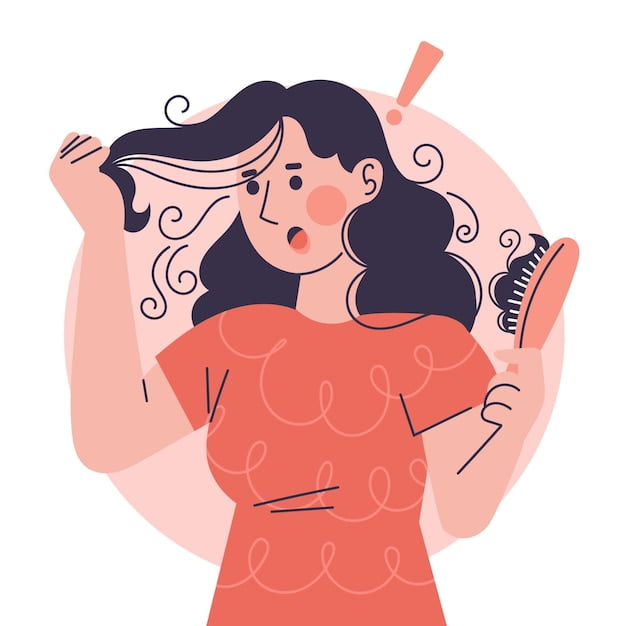
Introduction
CCCA Alopecia, also known as Central Centrifugal Cicatricial Alopecia, is a condition that affects the scalp, leading to hair loss and scarring. While there is no definitive cure for CCCA Alopecia, adopting a healthy diet can help nourish your scalp and promote hair health from within. In this article, we will explore the CCCA Alopecia diet and discover how specific nutrients and dietary habits can contribute to maintaining a healthy scalp and encouraging hair growth.
Understanding CCCA Alopecia
CCCA Alopecia primarily affects women of African descent, although it can also occur in other ethnicities. The condition is characterized by the destruction of hair follicles, leading to hair loss and scarring. It is believed to be caused by a combination of genetic predisposition, inflammation, and haircare practices such as tight hairstyles and excessive heat or chemical treatments.
The Role of Nutrition in Scalp Health
While external factors contribute to CCCA Alopecia, the role of nutrition should not be underestimated. A well-balanced diet can provide essential nutrients that promote hair growth, strengthen hair follicles, and reduce inflammation in the scalp. By nourishing your scalp from within, you can enhance its overall health and potentially slow down the progression of CCCA Alopecia.
Key Nutrients for a Healthy Scalp
- Omega-3 Fatty Acids: Found in fatty fish like salmon, mackerel, and sardines, as well as flaxseeds and walnuts, omega-3 fatty acids have anti-inflammatory properties that can help reduce inflammation in the scalp and promote hair growth.
- Vitamin E: This antioxidant-rich vitamin helps improve blood circulation in the scalp, allowing for better nutrient delivery to the hair follicles. Good sources of vitamin E include almonds, sunflower seeds, spinach, and avocados.
- Iron: Iron deficiency is a common cause of hair loss. Including iron-rich foods like lean meats, legumes, spinach, and fortified cereals in your diet can help ensure an adequate supply of iron for hair growth.
- Biotin: Biotin, also known as vitamin B7, plays a crucial role in the production of keratin, a protein that forms the structure of hair. Foods rich in biotin include eggs, nuts, seeds, and sweet potatoes.
- Vitamin C: This vitamin is essential for collagen production, which is crucial for hair structure and growth. Citrus fruits, berries, kiwi, and bell peppers are excellent sources of vitamin C.
- Zinc: Zinc helps regulate cell division and supports a healthy immune system, which can be beneficial for scalp health. Include foods like oysters, beef, pumpkin seeds, and lentils in your diet to boost your zinc intake.
Eating Habits for Scalp Health
Apart from specific nutrients, adopting healthy eating habits can also contribute to scalp health:
- Stay Hydrated: Drinking an adequate amount of water helps maintain overall scalp health and keeps the hair follicles hydrated.
- Limit Processed Foods: Processed foods often lack the essential nutrients required for scalp health. Opt for whole, unprocessed foods to maximize your nutrient intake.
- Include Protein: Hair is primarily made up of protein, so it’s important to include adequate amounts of lean meats, poultry, fish, legumes, and dairy products in your diet.
- Eat a Colorful Diet: Vibrantly colored fruits and vegetables are packed with antioxidants and vitamins that promote scalp health. Aim to include a variety of colorful produce in your meals.
- Avoid Crash Diets: Rapid weight loss or extreme diets can deprive your body of essential nutrients, potentially affecting hair health. Maintain a balanced and sustainable approach to weight management.
Conclusion
While the CCCA Alopecia diet cannot reverse the condition entirely, it can provide the necessary nutrients to support a healthy scalp and potentially slow down hair loss. Incorporating omega-3 fatty acids, vitamin E, iron, biotin, vitamin C, and zinc into your diet, along with adopting healthy eating habits, can help nourish your scalp and boost hair health from within. Remember to consult with a healthcare professional or a registered dietitian for personalized advice and guidance on implementing dietary changes.







